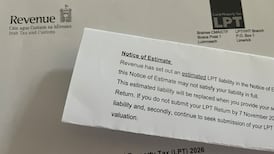Homeopathy is a treatment based on the principle that like cures like. While the champion of modern homeopathy was the 19th-century German physician and chemist Samuel Hahnemann, the therapy has been part of healthcare since ancient Greek times.
Trained homeopaths prescribe individual remedies following a detailed consultation. They place a particular emphasis on treating the source of the patient's illness rather than trying to suppress symptoms. In fact, an initial worsening of symptoms is regarded as a good sign.
The word homeopathy is derived from two Greek words, homo meaning like and pathos meaning suffering.
There is no scientific evidence homeopathy is effective.
Because the discipline uses a completely different principle to that of conventional medicine it is difficult to apply the usual research criteria to prove or disprove the efficacy of treatment.
In her book Test-Driving Complementary Therapies, Irish Times journalist Sylvia Thompson describes its modus operandi as follows: "Minute doses of specially prepared remedies which mimic the symptoms of the illness are given to the patient in the belief that they stimulate deep healing responses."
A large-scale analysis of homeopathy published in the Lancet medical journal concluded: "The clinical effects of homeopathy are not completely due to the placebo effect."
However there is no scientific evidence homeopathy is effective in the treatment of any disease.









